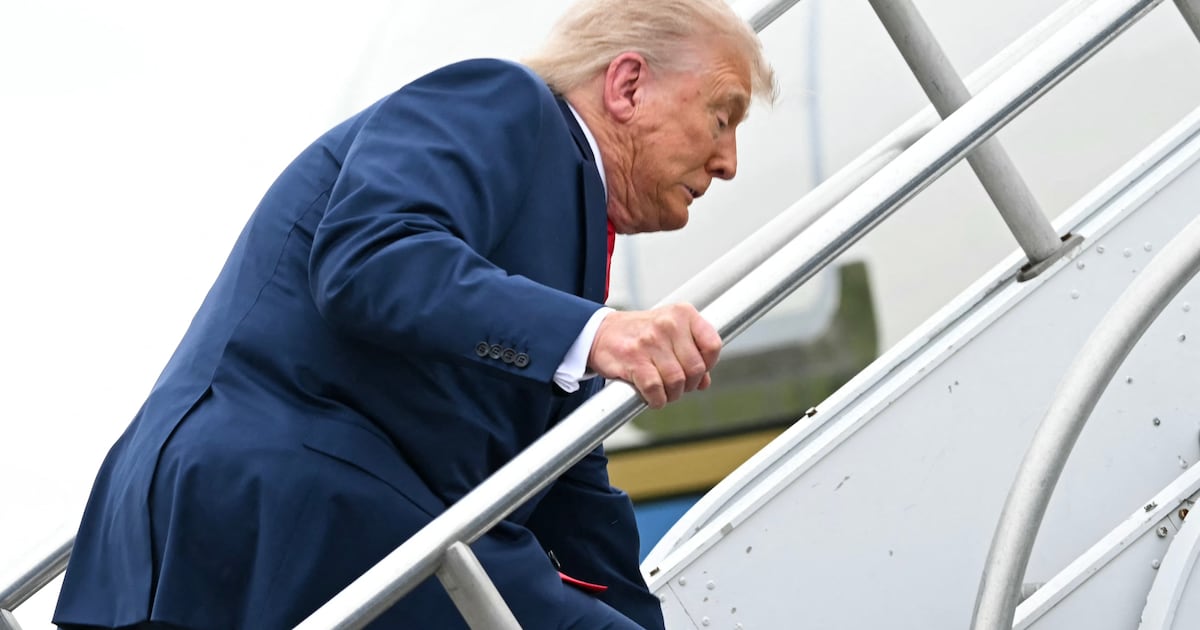
The apparent death last week of Baitullah Mehsud, the fiery leader of an important wing of the Pakistani Taliban, is a significant blow to the syndicate of terror that is attacking Pakistan, Afghanistan, and the NATO mission in Afghanistan. Mehsud aspired to become the kingpin of the disparate Pakistani Taliban movement and his death may usher in a period of confusion within the movement. The challenge for the United States is to leverage Mehsud’s death to do more than just weaken the Pakistani Pashtun terrorists but to exploit it to undermine the larger syndicate.
The next key target for the U.S: Mullah Omar, a far more elusive and important player, who has led the Taliban’s resurgence in Afghanistan from hiding in Pakistan.
The next key target for the U.S: Mullah Muhammad Omar, a far more elusive and important player, who has led the Taliban’s resurgence in Afghanistan from hiding in Pakistan. Under his leadership, the Afghan Taliban has returned from near total defeat in 2001 to threaten the survival of the NATO effort in Afghanistan and indeed the future of the alliance.
The Pakistani government has claimed Mehsud’s death, and the Pakistani security services are trying to exploit it to create dissension within the complex and combustible Pakistani Taliban movement. Mehsud became the most wanted terror leader in Pakistan over the last two years by allegedly masterminding a number of horrific terrorist attacks, including the murder of Benazir Bhutto and the bombing of the Marriott Hotel in Islamabad—which may have been an attempt to kill her husband, President Asif Ali Zardari, who was expected at the hotel that day.
Mehsud sought to bring the different strands of the Pakistani Taliban together under his leadership, although there was clear evidence that many Pashtun extremists were leery of his braggart style. He also was moving the movement even closer to al Qaeda and to the Afghan Taliban led by Mullah Omar, to whom Mehsud pledged his allegiance. His terrorist spectaculars were often conducted with the help of al Qaeda and other parts of the larger jihadist syndicate in Pakistan, including Lashkar-e-Taiba, the group that attacked Mumbai, India, last November.
The Zardari government and Pakistan’s army leadership have been pushing the U.S. to target Mehsud and to help disrupt his movement. His death suggests that at least as far as the Pakistani Taliban is concerned, there is now more cooperation between Washington and Islamabad.
The challenge for Americans is to get more cooperation against the rest of the syndicate. That will be a tough goal to secure because many (if not most) Pakistanis don’t trust us and believe we are their real enemy. A new poll by Al Jazeera and Gallup Pakistan released this weekend shows that an overwhelming majority of Pakistanis (59 percent) believe the United States is the greatest threat to their country today; India follows at 18 percent (!), while the Taliban is seen as a threat by only 11 percent. Among Pakistani women, we are even more unpopular (61 percent).
Decades of failed American policies toward Pakistan and support for its dictators have produced a remarkable anti-American consensus that is fed by outlandish but popular conspiracy theories. Mehsud, for example, was widely believed to be an American agent who was being used to destabilize Pakistan for the benefit of India and Israel.
Mullah Omar is a much more difficult and important target in the syndicate. Osama bin Laden, like Mehsud, swears allegiance to Omar. Ayman al-Zawahiri, bin Laden’s deputy, praised “the Amir of Believers Mullah Muhammad Omar al Afghani” last week in a new videotape for challenging the world’s only superpower and threatening to humiliate it like the Soviets in Afghanistan.
Zawahiri urged all Muslims to unite behind Omar to defeat America and liberate Jerusalem from the Crusaders and Jews. Unlike Mehsud, Omar abhors the media and is intensely secretive. He generally refuses to meet with non-Muslims and speaks only rarely. He is said to spend most of his time in Quetta, the capital of Pakistani Baluchistan, but since the fall of his Islamic Emirate of Afghanistan he has eluded his enemies with apparent ease.
In 2003, the Taliban was active in only 30 of Afghanistan’s 364 districts; now it is a player in 160. For too long the self-described Commander of the Faithful has been on the rampage. Now is the time for Washington and Islamabad to cooperate to shut him down.
Bruce Riedel is a senior fellow at the Saban Center in the Brookings Institution. He chaired President Obama’s strategic review of Afghanistan and Pakistan last winter and is author of The Search for al Qaeda.





